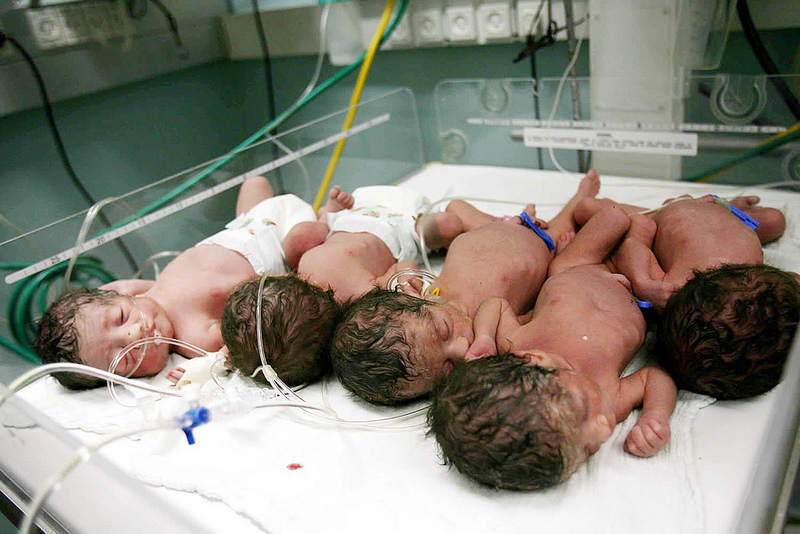By: Mike Miesen
Send to a friend
The details you provide on this page will not be used to send unsolicited email, and will not be sold to a 3rd party. See privacy policy.
[KAMPALA] Ordinary plastic bags — such as those used for foods — can prevent premature and low birth-weight babies from developing hypothermia, a trial conducted in Zambia has shown.
Infants placed in food-grade polythene bags after birth were substantially less likely to suffer from low body temperature, which is particularly dangerous for low birth-weight newborns and can lead to increased risk of infection, respiratory distress, failure to thrive and in extreme cases, death.
In developed countries, polythene bags are often used to keep highly premature newborns warm immediately after birth, but only for a few minutes before they are placed in an incubator.
The researchers, at the University Teaching Hospital in Lusaka, investigated whether this would work for longer durations with moderately preterm infants — between 26 and 36 weeks' gestational age — in clinics that lack resources, such as incubators.
More than 100 newborns were randomised into two groups, with some placed in polythene bags immediately after birth and others receiving standard care. One hour after birth, the infants in the bags were 79 per cent more likely to have normal body temperature than the control group — 59 per cent and 33 per cent respectively, an absolute increase of 26 per cent.
Waldemar Carlo, study co-author, tells SciDev.Net that "all babies have a large surface area to body mass and are predisposed to hypothermia, and premature babies are even more predisposed".
Without heat-generating mechanisms, infants cannot recoup the heat they lose. Placing a newborn in a wrap or suit is thought to act as a barrier to evaporative heat loss, keeping the baby warm.
Lisa Umphrey, a paediatrician with Médecins Sans Frontières who has worked in Uganda, says the study "suggests that the practice has importance in under-resourced settings given the high rates of neonatal morbidity and mortality in these clinical settings. This is a topic that deserves much more discussion and investigation."
As a first-line of defence against hypothermia, food-grade plastic bags had a significant effect but even babies put in the bags had a 41 per cent chance of being too cold one hour after birth.
Other low-cost solutions, such as Embrace BabyWrap, may help keep babies warm longer. The product uses a warming pad placed inside a baby wrap — the pad can be heated with hot water if electricity is intermittent or unavailable.
This is also available at the University Teaching Hospital, according to Carlo, who adds it may be one "long-term solution for some patients".
Ultimately, though, when it comes to cost, there is nothing as inexpensive as plastic bags for hypothermia, he says. "These are food bags we just throw away."
Link to abstract in Pediatrics
This article has been produced by SciDev.Net's Sub-Saharan Africa desk.
References
Pediatrics doi:10.1542/peds.2012-2030 (2013)














